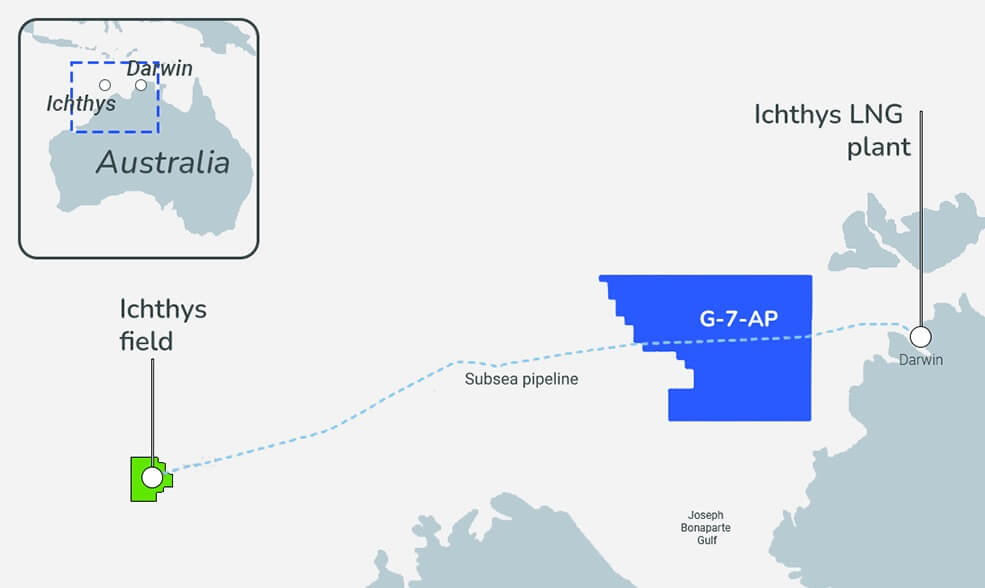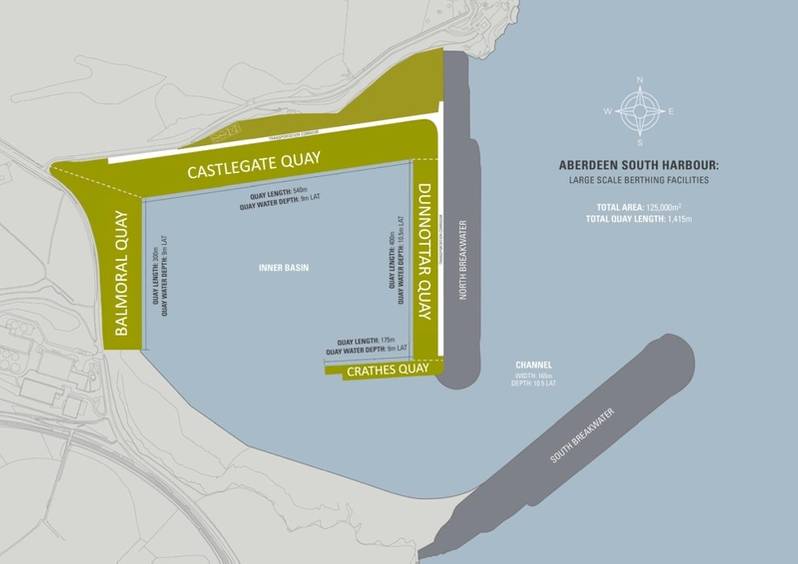Shipowners and charterers carrying commodities in the Indian Ocean are unlikely to see lower insurance premiums in the near term despite industry bodies’ decision to remove the region’s High Risk Area, or HRA, status, several maritime executives said Aug. 23.
The piracy situation near Somalia has improved, which has warranted the decision of key international shipping associations to remove its HRA status, though that will not take effect until next year, a maritime insurance executive in Singapore said.
Industry bodies, including the International Chamber of Shipping, BIMCO, International Marine Contractors Association, INTERCARGO, INTERTANKO and Oil Companies International Marine Forum forwarded a submission Aug. 22 to the International Maritime Organization to remove the HRA from Jan. 1, 2023, they said in a statement. It is likely to be taken up by IMO end-October.
Once the industry bodies remove the categorization of Indian Ocean as an HRA for commercial maritime operations, pressure will build for insurance clubs to cease charging any additional war risk premiums, senior executive of a Protection and Indemnity, or P&I, Club told S&P Global Commodity Insights.
Lloyd’s leads
Maritime insurance companies typically take a cue from the HRA list of the Joint War Committee of Lloyd’s Market Association. Neil Roberts, the association’s head of marine and aviation said. “The JWC will consider this announcement at its next meeting in September, also noting the expressed need for continued caution.”
While it is a regular practice for war risk insurance clubs to charge an annual premium, an additional premium is triggered when ships move in designated HRAs.
War risk insurance also covers third party liabilities and pollution, which in normal practice would be under P&I, because such damages may be triggered by war or other violent perils in such regions.
Additional war risk premium is not always the same and may have already been reduced in many insurance covers in recent years due to the lowered threat perception in the Indian Ocean region, the P&I Club executive said.
In such a scenario, any incremental reduction in insurance costs will be limited, he said.
According to the ICC International Maritime Bureau, there was no incident of piracy and armed robbery against ships in the first half of this year in Nigeria and Somalia nor at any other location attributed to Somali pirates. The four locations where 60% of all such incidents were reported over January-June were the Singapore Straits, Ghana, Indonesia and Peru, the IMB said in its half yearly report.
Individual assessment
It was now up to the individual underwriters to assess the risk of ships moving in the Indian Ocean region and to adjust their terms and conditions accordingly, maritime executives said.
One of them pointed out that the cost reduction may be gradual because it will not be wise to instantly remove armed guards, lest it results in a reversal in the security situation for the worse.
Such security measures, including the armed guards, are deployed under the shipping industry’s BMP-5 grade Best Management Practices to Deter Piracy and Enhance Maritime Security.
Notable risks remain on several key maritime routes. The Middle East is a major source of oil for Asian buyers and this region is still an area of concern due to US sanctions against Iran. There have been several violent terrorism related incidents in the region in the last three years.
The Persian Gulf and its adjacent waters, including parts of the Gulf of Oman, are still listed as areas under risk of Hull War, Piracy, Terrorism and Related perils, as declared by the JWC of Lloyd’s Market Association.
The Persian Gulf is a separate issue, well understood by the shipping industry and not significantly affected by the latest HRA decision on the Indian Ocean, Roberts said.
Insurers continue to charge a premium to owners whose ships pass the Gulf of Oman, that includes waters around the bunkering port of Fujairah, a chartering executive at a global commodities trading company said. It has been more than three years that owners have been passing on these additional charges to charterers, the executive said, adding to the delivered cost of cargoes.
At a time when freight has hit multi year highs on several routes, this is adding to the burden of charterers.
The Worldscale rates on Platts benchmark Persian Gulf-China route for VLCCs, which carry around 270,000 mt of fuel oil or crude each, are at their highest for the year, according to S&P Global data.
Charterers are shelling out an over two-year high $16.50/mt for moving cargoes on this route, which is three times the amount they paid in mid-March, the data showed.
Source: Platts











